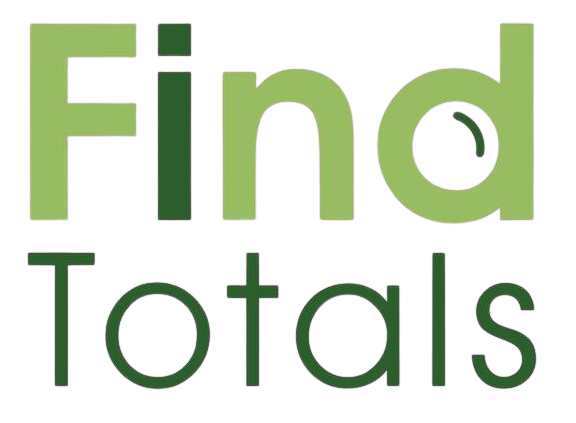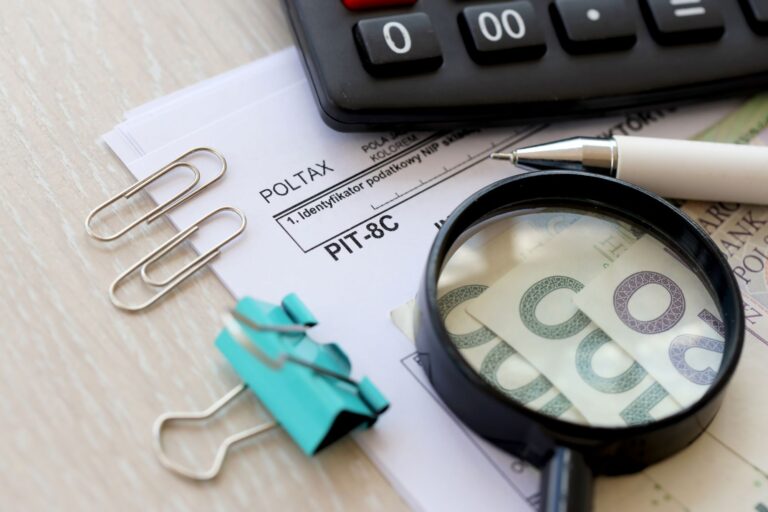Filing a self-assessment tax return can be challenging, especially if you’re unfamiliar with the process or navigating it for the first time. Mistakes are common—but the good news is, there are reliefs available to help ease the burden. Here’s what you need to know.
Common Mistakes to Avoid:
-
Missing the Deadline
Late submissions can lead to automatic fines and interest on unpaid taxes. -
Incorrect or Incomplete Information
Simple errors like entering the wrong figures, forgetting income sources, or not claiming eligible expenses can result in penalties or overpaid taxes. -
Not Keeping Proper Records
Failure to maintain accurate records can make it difficult to complete your return and defend against any HMRC queries. -
Forgetting to Declare All Income
Many people forget to include freelance work, rental income, dividends, or foreign earnings, which could lead to underpayment of tax. -
Claiming Ineligible Expenses
Incorrect expense claims are a red flag for HMRC and can lead to an audit or penalties.
Reliefs and Support Available:
-
Tax-Free Allowances
You may be entitled to personal allowances, marriage allowance, or trading income allowance, depending on your situation. -
Expense Deductions
Legitimate business expenses can be deducted to reduce your taxable income. -
Loss Relief
If your business made a loss, you might be able to offset it against other income or future profits. -
Pension Contributions and Gift Aid
These can provide additional tax relief if properly declared on your return. -
Professional Help
Working with a tax advisor or accountant can help you file accurately, claim all available reliefs, and avoid unnecessary penalties.
Filing your tax return correctly and on time can save you stress, money, and potential trouble with HMRC. If in doubt, don’t hesitate to seek expert advice. Contact Find Totals Now









What do you think?
This strategic reallocation of resources can help companies create a significant competitive advantage.